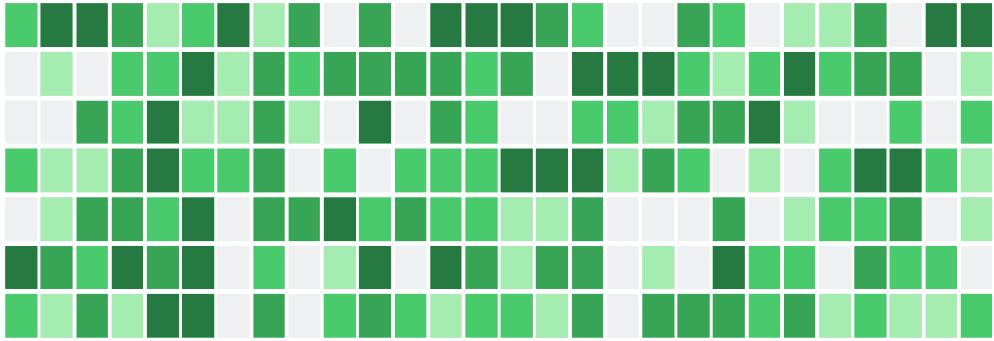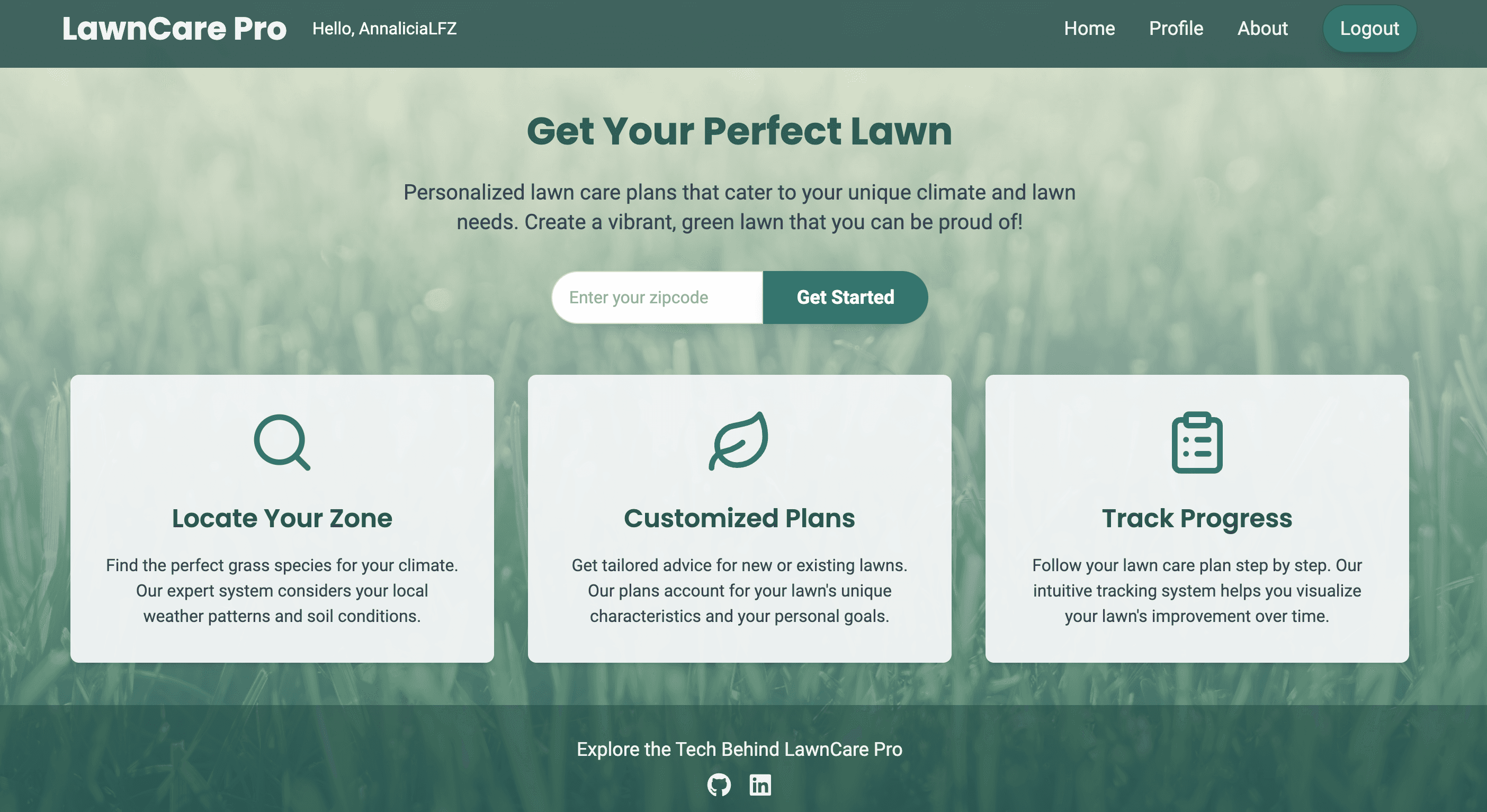Software Engineer Vs Computer Science: Which Path Is Right For You?
Are you looking for a career in the tech industry? Well, good news – the demand for skilled professionals in software engineering and computer science is at an all-time high! Aspiring developers often find themselves at a crossroads, deciding between pursuing a traditional computer science degree or a more focused software engineering path.
In this blog, we will explore the key differences between software engineers vs computer scientists, help you determine which path is right for you with LearningFuze, and provide valuable insights to shape your tech career journey.
Software Engineer:
Translates real-world problems into software solutions
Designs, develops, tests, and maintains software applications
Collaborates with cross-functional teams
Focuses on building user-friendly software
Computer Scientist:
Focuses on theoretical aspects of computing
Researches and advances knowledge in computer science
Develops algorithms often for research purposes
May not always build practical software products
Understanding Software Engineer Vs Computer Science Roles
Overall, the primary differences are that software engineers are concerned with the practical application of computing to solve real-world problems, while computer scientists focus on the theoretical underpinnings of computation and the development of foundational knowledge.
Both roles are integral to the world of technology, with software engineers building the software that we use daily and computer scientists driving innovation and shaping the future of computing.
Now that we have discussed the differences between a software engineer vs computer science career, let’s learn more about the education and different learning approaches one would take for either option.
Software Engineer Roles and Responsibilities:
Software engineers are primarily concerned with the practical implementation of software. Their roles involve translating real-world problems into functional software solutions. They design, develop, test, and maintain software applications, ensuring they meet specific requirements, are user-friendly, and perform efficiently.
Software engineers are hands-on professionals who work with various programming languages, development frameworks, and tools to create tangible software products. They collaborate with cross-functional teams, such as designers and product managers, to bring software projects to life. In essence, their focus is on building reliable, user-friendly software that solves specific problems.
Computer Scientist Roles and Responsibilities:
Computer scientists are more focused on the theoretical and foundational aspects of computing. Their primary goal is to understand the fundamental computer principles. They delve into areas such as algorithm design and analysis, computational complexity theory, formal languages, and automata theory. While they do develop algorithms, it’s often for the purpose of research, and their solutions may not always be immediately practical.
Computer scientists often contribute to the theoretical advancement of computer science as a whole and may work on problems that have broad applications but are not directly tied to building specific software products. Their work is essential for shaping the future of technology by inventing new algorithms and developing a deep understanding of computation.
Software Engineer Skill Sets:
Proficiency in multiple programming languages.
Expertise in software development frameworks and tools.
Knowledge of software design patterns and best practices.
Strong problem-solving skills to address real-world challenges.
Collaboration and communication skills to work in teams and with stakeholders.
Emphasis on practical, hands-on coding and software development.
Computer Scientist Skill Sets:
Proficiency in algorithm design and analysis.
Deep understanding of computational theory and mathematics.
Research skills to explore new ideas and concepts.
Ability to develop and analyze complex algorithms.
Strong analytical and abstract thinking abilities.
Focus on theoretical aspects of computing.
Software Engineer End Goals:
The ultimate goal of a software engineer is to create functional, efficient, and user-friendly software solutions that address specific problems in various domains, such as web development, mobile apps, or system administration.
Computer Scientist End Goals:
The primary objective of a computer scientist is to advance the theoretical understanding of computation and solve complex problems in the broader field of computer science. Even though they might develop practical applications, they’re primarily interested in contributing to knowledge.
Software Engineer Vs Computer Science: Education and Learning Approaches
One of the main differences between software engineering and computer science lies in their educational paths and learning approaches, which cater to distinct learning styles and career goals.

The choice between a career in software engineering vs computer science largely depends on an individual’s career aspirations, time constraints, and preferred learning style.
Computer science degrees provide a broader and more theoretical foundation, while bootcamps offer a quicker path to acquiring practical skills for immediate employment. Ultimately, both educational paths have their merits and cater to the diverse needs of those looking to enter the fields of software engineer vs computer science.
Another factor to consider when considering software engineering vs computer science is the time and the cost it will require.
Stephen Portanova, a coding bootcamp graduate, described becoming a software engineer at a coding bootcamp vs his college experience:
“I learned 10 times more, in one-tenth the time, that I did at a four-year institution.”
Software Engineering Bootcamp
Aspiring software engineers can opt for a coding bootcamp, which is exemplified by programs like the one offered by LearningFuze.
These bootcamps present a contrasting learning approach compared to traditional degree programs. They are intensive, short-term programs that prioritize practical, hands-on learning over a more extensive academic curriculum.
Bootcamps can typically be completed in a matter of weeks or months, making them a faster route to acquiring specific skills and entering the job market.
Bootcamps concentrate on equipping students with the industry-relevant skills and tools needed to become proficient software engineers. Topics covered often include web development, software engineering best practices, and the utilization of industry-standard tools and technologies. These programs are designed to produce job-ready graduates who can quickly contribute to software development projects in a professional setting.
Computer Science Degree
Pursuing a computer science career typically involves enrolling in a four-year program at a university or college. This educational path is known for providing a deep and comprehensive understanding of computer science principles. The curriculum encompasses a wide range of topics, including mathematics, algorithms, data structures, and programming languages.
Students pursuing a career in computer science are often exposed to a broad spectrum of subjects within the field. These may include specialized courses in artificial intelligence, databases, operating systems, and more.
The advantage of a computer science degree is that it offers a solid foundation in both theory and practice. Students are encouraged to explore the theoretical underpinnings of computation while also gaining practical experience in coding and problem-solving.
This educational route is ideal for those who aspire to work on cutting-edge research, design novel algorithms, or contribute to the advancement of computer science as a discipline.
Software Engineer Vs Computer Science: Time and Cost
It is not an easy decision to choose between software engineer vs computer science. The commitment of time and money is something worth considering. Let’s break down the difference between the two.
Software Engineering Bootcamp
On the other hand, software engineering bootcamps offer a more cost-effective and time-efficient alternative. Bootcamp tuition costs are generally in the range of $10,000 to $25,000, making them a more affordable option for many prospective students.
The shorter duration of bootcamp programs, typically spanning 12 to 24 weeks, is particularly appealing to individuals looking to make a swift transition into a tech career.
The reduced cost and shorter time commitment associated with bootcamps make them an attractive choice for those who want to acquire practical skills quickly and enter the job market in a relatively short amount of time.
This affordability and efficiency can be especially advantageous for career changers or individuals with financial constraints who wish to retool and pursue opportunities in the tech industry.
The choice between software engineer vs computer science often hinges on individual circumstances, including financial considerations and the urgency of entering the job market. While a degree provides a comprehensive education, bootcamps offer a more accessible and rapid path to gaining practical skills and launching a career in software engineering.
Ultimately, the decision between software engineer vs computer science should align with one’s career goals, budget, and desired timeframe for entering the dynamic world of technology. With this ever-evolving world of technology, comes many opportunities for career advancement.
Computer Science Degree
Pursuing a traditional four-year computer science degree is a substantial commitment in terms of both time and financial resources. Tuition costs for reputable computer science programs at universities or colleges can range from $40,000 to $60,000 per year or even higher, depending on the institution and location. Additionally, students pursuing a degree often incur additional expenses for textbooks, housing, and other educational materials.
One of the significant drawbacks of a computer science degree is the time it takes to complete. A typical four-year program may not be feasible for individuals who are eager to enter the job market quickly.
Many students find themselves investing several years before they are eligible for employment in the tech industry. This extended duration can be a deterrent for those seeking a more expedited path into the field.
Software Engineer Vs Computer Science: Job Opportunities and Salaries
Software engineer vs computer science offers promising job opportunities and competitive salaries, although the specific roles and responsibilities may vary significantly between the two fields.
Software Engineering
Graduates of software engineering bootcamps often embark on careers as web developers, software engineers, or mobile app developers. These professionals are integral to designing, building, and maintaining software applications and systems.
According to the U.S. Bureau of Labor Statistics (May 2022 data), the median annual wage for software developers was $127,260. This figure reflects the competitive earning potential in the software engineering field.
Moreover, the job outlook is highly favorable, with a projected job growth rate of 22% from 2019 to 2029, significantly faster than the average for all occupations.
This growth is driven by the increasing reliance on software solutions in various industries, including healthcare, finance, and e-commerce.
Computer Science
A computer science degree opens doors to a wide array of career paths, encompassing software development, data analysis, research, and more. Computer scientists may work on cutting-edge projects, contribute to technological advancements, or tackle complex computational problems.
According to the U.S. Bureau of Labor Statistics (May 2022 data), the median annual wage for computer and information research scientists was $136,620. These professionals play a crucial role in advancing technology and conducting research to address various computational challenges.
While the median salary for computer scientists is attractive, it’s important to note that the job growth rate is projected to be 15% from 2019 to 2029, which is also faster than the average for all occupations. This indicates continued demand for skilled computer scientists, particularly in areas like artificial intelligence, data science, and cybersecurity.
Both software engineering vs computer science offer lucrative career opportunities with competitive salaries. Software engineers typically find employment as developers and engineers, while computer scientists have a broader range of career paths, including research and data analysis.
Regardless of the chosen path, individuals entering these fields can look forward to rewarding careers with the potential for professional growth and impact on the ever-evolving technology landscape.
In the end, the choice of software engineer vs computer science depends on your personal goals, learning style, and career aspirations. If you’re looking for a fast-paced, hands-on learning experience and want to enter the job market quickly, a software engineering bootcamp like the one offered by LearningFuze may be the right choice for you.
On the other hand, if you’re interested in the theoretical aspects of computing and want to pursue a broader range of career opportunities, a computer science degree might be a better fit. Whichever path you choose, both careers of software engineer vs computer science offer exciting and rewarding opportunities in the tech industry.
Explore the comprehensive range of programs and courses designed to empower your career in technology through LearningFuze.
Whether you’re considering a software engineering bootcamp, data science training, or other tech-focused learning experiences, our website and info sessions are valuable resources to kickstart your journey into the exciting world of technology.
Additional Resources
You might like these

December 5, 2024
Here’s why those little green squares on GitHub matter, how they can impact your growth as a programmer, and how LearningFuze can help you get them.

December 11, 2024
Essential LinkedIn tips for junior developers: Boost your profile, leverage endorsements, and network effectively for career success in tech!

March 6, 2024
Discover your roadmap on how to become a web developer. Understand the fundamentals like HTML, CSS, and JavaScript as your gateway to a flexible and lucrative career.






